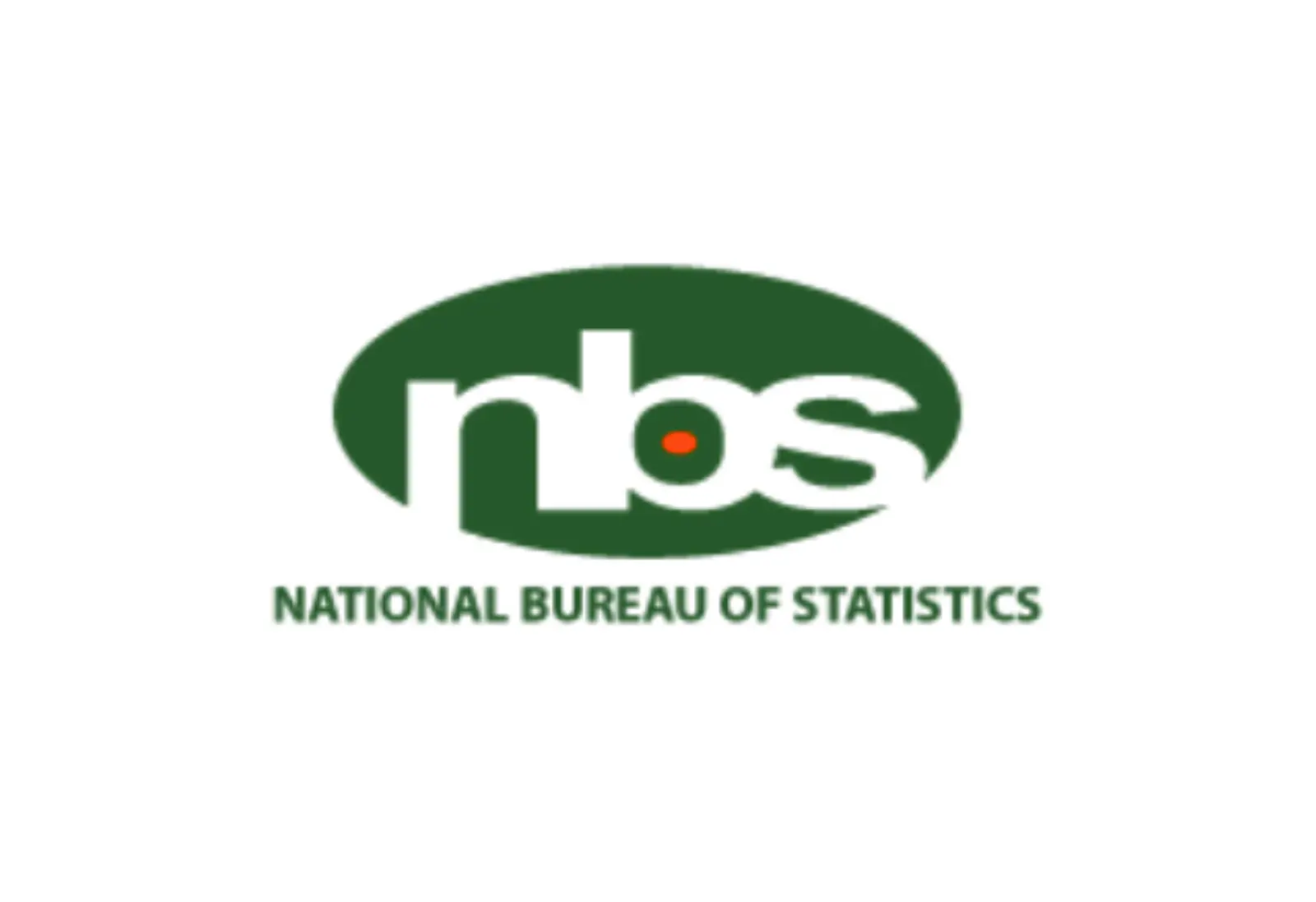Nigeria’s public debt has surged significantly, reaching N87.38 trillion (approximately $113.42 billion) in the second quarter of 2023. This staggering increase from N49.85 trillion (about $108.30 billion) in the first quarter of the year was revealed by the National Bureau of Statistics (NBS) in its latest Nigerian Domestic and Foreign Debt Report for Q2 2023, released in Abuja.
The report underscores that Nigeria’s public debt, which encompasses both external and domestic debt, experienced an astonishing growth rate of 75.27% during the second quarter of 2023. In terms of specifics, external debt reached N33.25 trillion (around $43.16 billion), while domestic debt stood at N54.13 trillion (approximately $70.26 billion) in the same period.
Debt Stock Increases To N42.84 Trillion In Q2 – NBS
Composition of Debt
Breaking down the composition of the debt, the report highlights that external debt accounted for 38.05% of the total public debt in Q2 2023, with domestic debt making up the remaining 61.95%.
When analyzing debt at the state level, Lagos State emerged as the leader in terms of domestic debt, reporting a substantial N996.44 billion. Following closely behind, Delta State recorded a domestic debt of N465.40 billion. On the flip side, Jigawa recorded the lowest domestic debt at N43.13 billion, with Kebbi trailing at N60.94 billion.
Regarding external debt at the state level, Lagos State took the lead once more, with a significant external debt of $1.26 billion. Kaduna State followed with an external debt of $569.38 million. On the lower end of the scale, Borno recorded the lowest external debt, amounting to $18.75 million, and Taraba closely followed with $21.92 million.
This notable increase in Nigeria’s public debt highlights the need for careful fiscal management and a focus on sustainable economic growth. As the country grapples with these financial challenges, the government’s efforts to strike a balance between development and debt sustainability will be crucial.
Follow us on Facebook
Post Disclaimer
The opinions, beliefs and viewpoints expressed by the author and forum participants on this website do not necessarily reflect the opinions, beliefs and viewpoints of Anaedo Online or official policies of the Anaedo Online.

